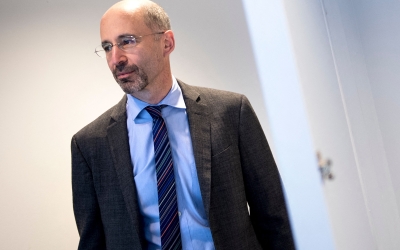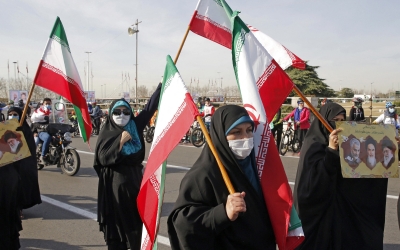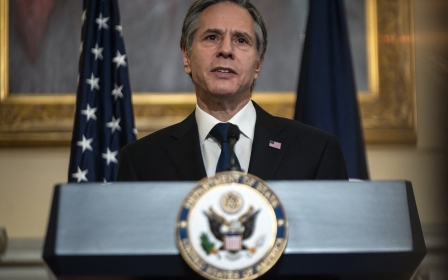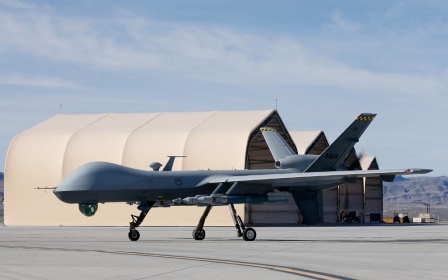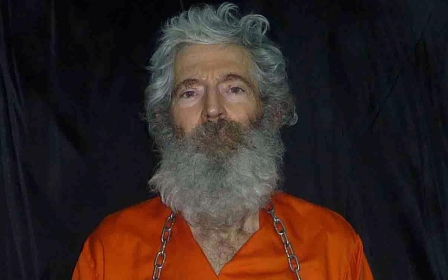Blinken defends Iran deal but says no concessions to renew talks
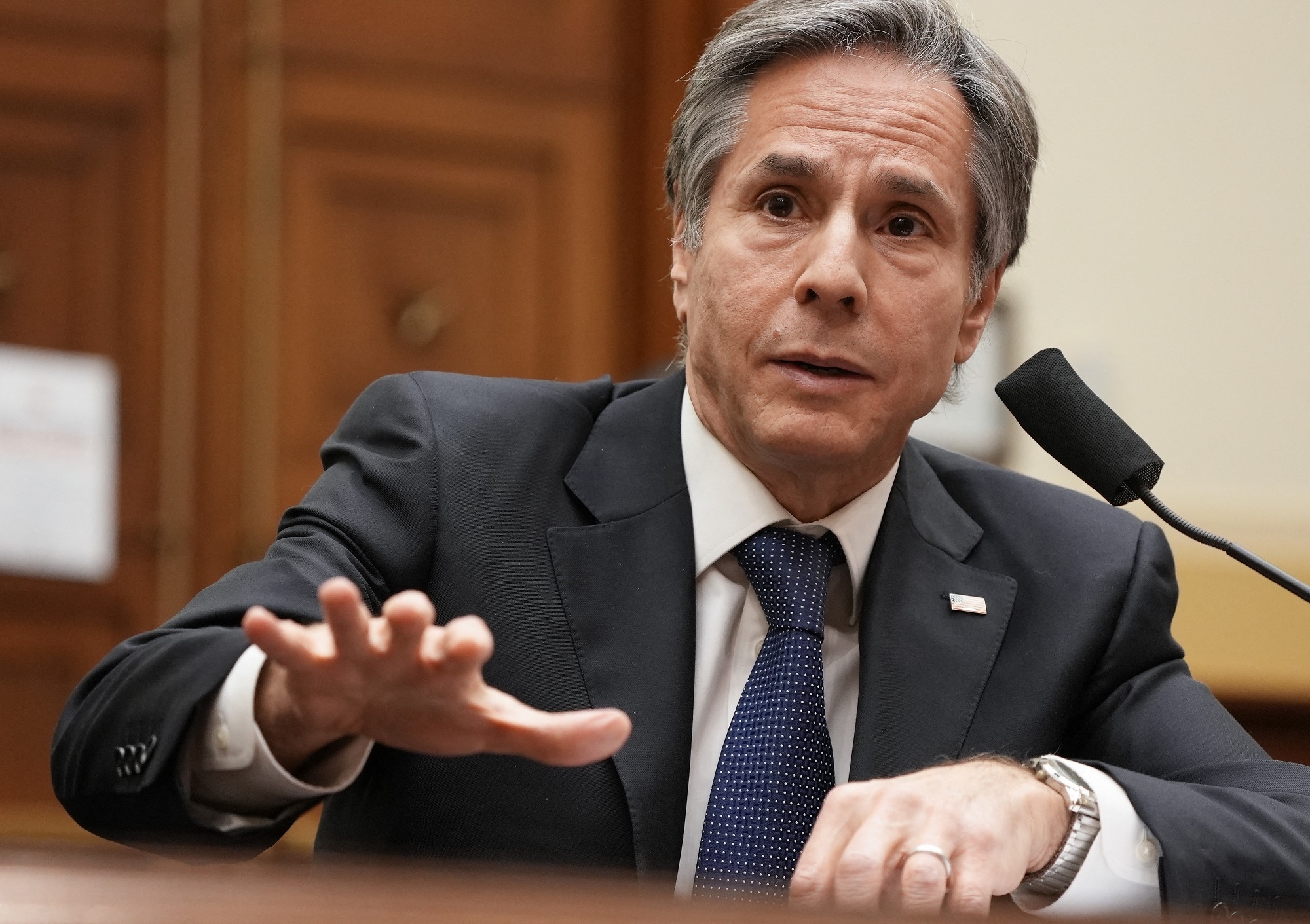
US Secretary of State Antony Blinken defended the Iran deal on Wednesday, stressing that curbing Tehran's nuclear programme is in Washington's interest, but he ruled out offering concessions to secure talks with the Iranian government.
Testifying at the House Foreign Affairs Committee, Blinken was grilled by Republicans and some hawkish Democrats about the US administration's plans to revive the nuclear agreement with Iran.
US lawmakers who oppose the deal, known as the Joint Comprehensive Plan of Action (JCPOA), have been pushing the administration to work towards a new agreement that would go beyond the nuclear issue to address Iran's ballistic missile programme and regional activity.
"We have an interest in getting Iran back into that nuclear box," Blinken said. "Think of it this way: We have fundamental problems with Iran's actions across a whole series of things whether it is support for terrorism, whether it's a ballistic missile programme that's increasingly dangerous, whether it's destabilising actions throughout the region.
'We have an interest in getting Iran back into that nuclear box'
- Antony Blinken, US Secretary of State
"An Iran, with a nuclear weapon or with a threshold capacity to have one is an Iran that's likely to act with even greater impunity when it comes to those things."
The chief US diplomat noted that the JCPOA was achieving its purpose before the United States withdrew from it.
"In terms of putting Iran's nuclear programme in a box and cutting off its pathways to producing fissile material or a nuclear weapon on short order, it was succeeding; our intelligence community said so, the international inspectors said so," Blinken said of the deal.
The multilateral agreement saw Iran scale back its nuclear programme in exchange for sanctions relief from the United States and the international community.
The accord was negotiated by the Obama administration in 2015, when Biden served as vice president.
Reviving JCPOA
Former President Donald Trump pulled Washington out of the agreement in May 2018 despite the protests of America's European allies and launched a maximum pressure campaign against Iran.
Tehran initially continued to abide by the agreement after the US withdrawal, but eventually started loosening its commitments to the deal in response to American sanctions that practically barred most banks and companies across the world from doing business with Iran.
With Iran enriching uranium beyond the limits set by the JCPOA, the Biden administration says Tehran must return to full compliance as the first step to revive the deal. Iranian officials, however, say Washington must lift sanctions first.
Asked by Congresswoman Ilhan Omar why the US would not return to the deal as the country that nixed it first, Blinken said reviving the deal requires talks and the US has agreed to negotiations while Iran has not.
"You just can't re-enter the deal by flipping a switch," he said. "We pulled out of the deal three years ago. And the Iranians have, unfortunately, moved further and further away from their own compliance. And so there are and there would be challenging issues to work through that require actually talking about it."
No concessions
The US administration has signalled openness to arranging direct talks with Iran at the invitation of European countries within the framework of the JCPOA, but Tehran has not agreed to the negotiations.
On Wednesday, Blinken said the ball is in Iran's court to revive diplomacy, but earlier in the hearing he said Washington will not offer sanctions relief in exchange for talks.
Asked by Democratic Congressman if he can assure Congress that the administration will not make concessions "just to get a meeting" with Iran, Blinken said: "I can."
He also vowed that the United States will not lift sanctions before Iran returns to compliance or is on a "negotiated path toward full compliance" with the deal.
Still, Blinken said reviving the JCPOA would help Washington address other issues with Iran - including its support for groups that the US consider to be terrorist organisations in the region - by deepening cooperation between the United States and Europe.
"One of the reasons I think it would be beneficial if there is a way back into the nuclear agreement would be to find ourselves once again on the same side with our European partners," he said.
Blinken added that America's European allies had spent the past few years focusing on keeping the JCPOA alive instead of helping Washington address other actions by Tehran.
The secretary of state also reiterated the administration's pledge to consult with Congress and Washington's allies in the Middle East on Iran policy.
Middle East Eye propose une couverture et une analyse indépendantes et incomparables du Moyen-Orient, de l’Afrique du Nord et d’autres régions du monde. Pour en savoir plus sur la reprise de ce contenu et les frais qui s’appliquent, veuillez remplir ce formulaire [en anglais]. Pour en savoir plus sur MEE, cliquez ici [en anglais].


